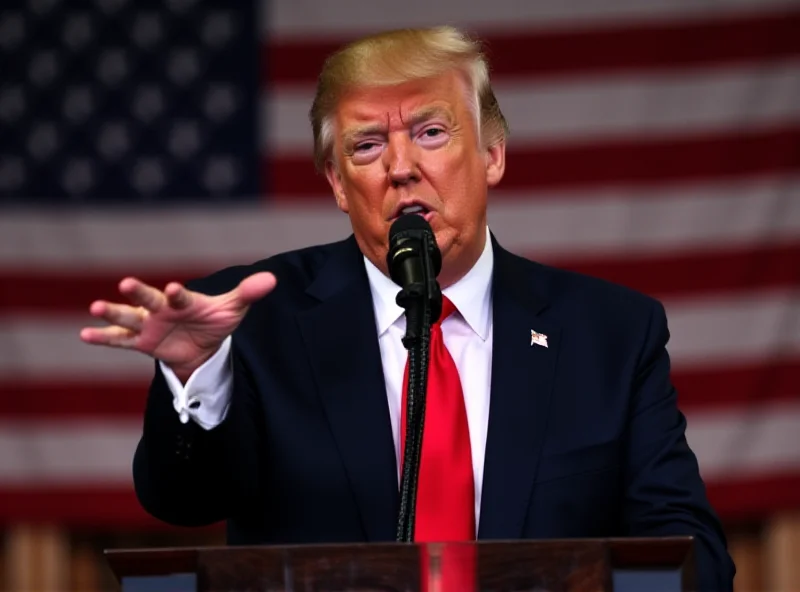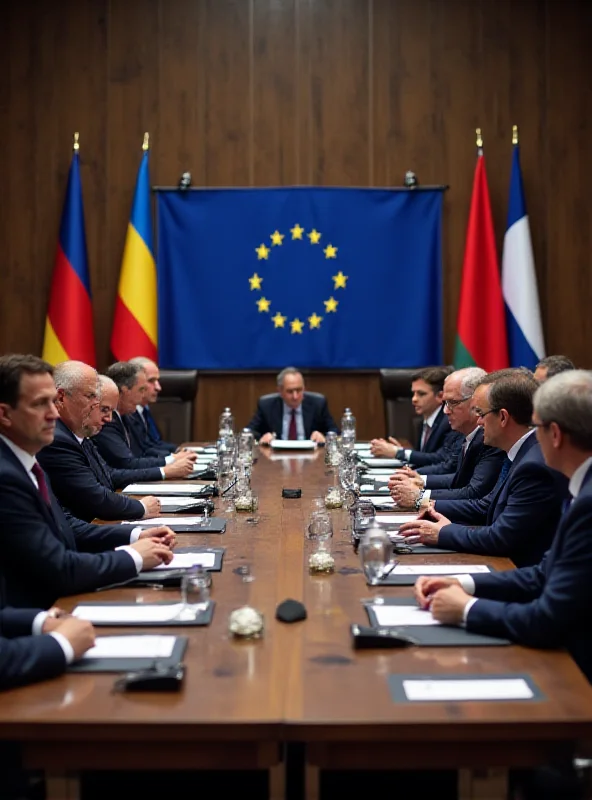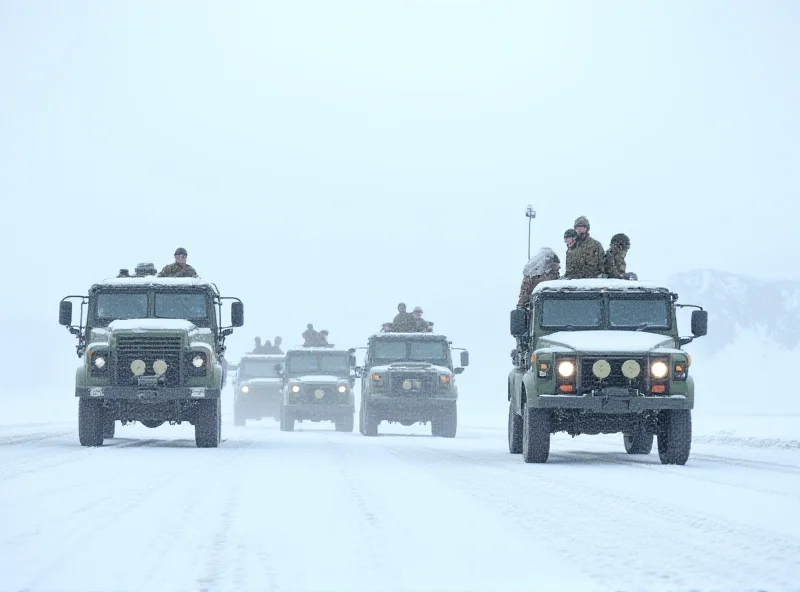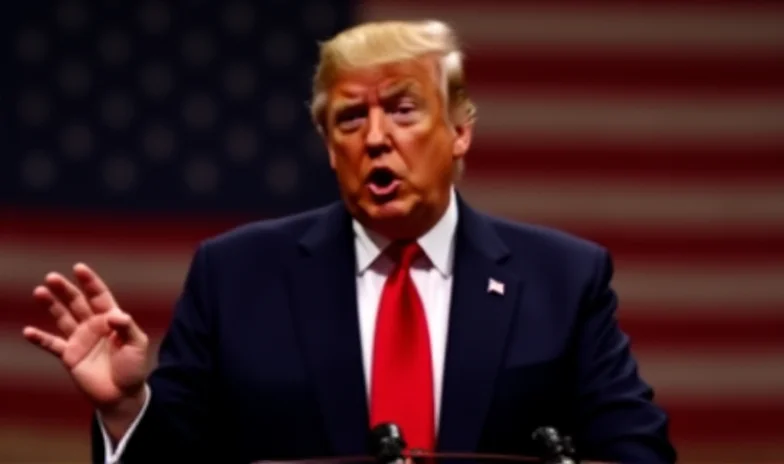Former US President Donald Trump continues to cast a long shadow, even from outside the White House. His pronouncements are impacting European defense strategies and facing accusations of being weaponized by Kremlin propagandists. Simultaneously, Europe is taking steps to fortify its own security in response to growing global uncertainty.
Trump's Words Echo in Kremlin's Propaganda
Allegations have surfaced that statements made by Donald Trump regarding the war in Ukraine are being twisted into pro-Kremlin propaganda. These claims suggest that Ukraine and European nations are being portrayed as warmongers, and that the United States intends to orchestrate the removal of Ukrainian President Volodymyr Zelensky. This narrative serves to undermine support for Ukraine and sow discord among allies.

It is important to note that these are allegations, and the extent of direct coordination, if any, remains unclear. However, the convergence of Trump's rhetoric and Kremlin narratives raises serious concerns about the potential for misinformation to influence public opinion and policy decisions.
Europe Prepares for a New Era
In response to perceived threats and instability, particularly stemming from the war in Ukraine, European nations are taking decisive action to strengthen their defense capabilities. Driven, in part, by pressure from Donald Trump, the 27 member states of the European Union are uniting behind a surge in defense spending and strategic planning.
This includes setting strategic priorities and committing to significant investments in military infrastructure and technology. This unified front demonstrates a commitment to collective security and a determination to safeguard European interests in an increasingly volatile world. As one European official stated, "We must be prepared for any eventuality."

An Invisible Front Line Emerges
The war in Ukraine has created a new reality for Europe, with an "invisible front line" taking shape across the continent. From Estonia to the Norwegian Arctic Circle, countries are bracing for potential hybrid warfare tactics and bolstering their defenses along their northern borders. This includes increased military presence, enhanced surveillance, and efforts to counter disinformation campaigns.
This heightened state of alert underscores the seriousness with which European nations are taking the threat posed by Russia and other potential adversaries. It also highlights the need for continued vigilance and cooperation among allies to maintain peace and security on the continent.

The situation remains fluid and complex, but one thing is clear: Europe is adapting to a changing world, and Donald Trump's influence, whether direct or indirect, continues to be a significant factor in shaping the continent's response.
